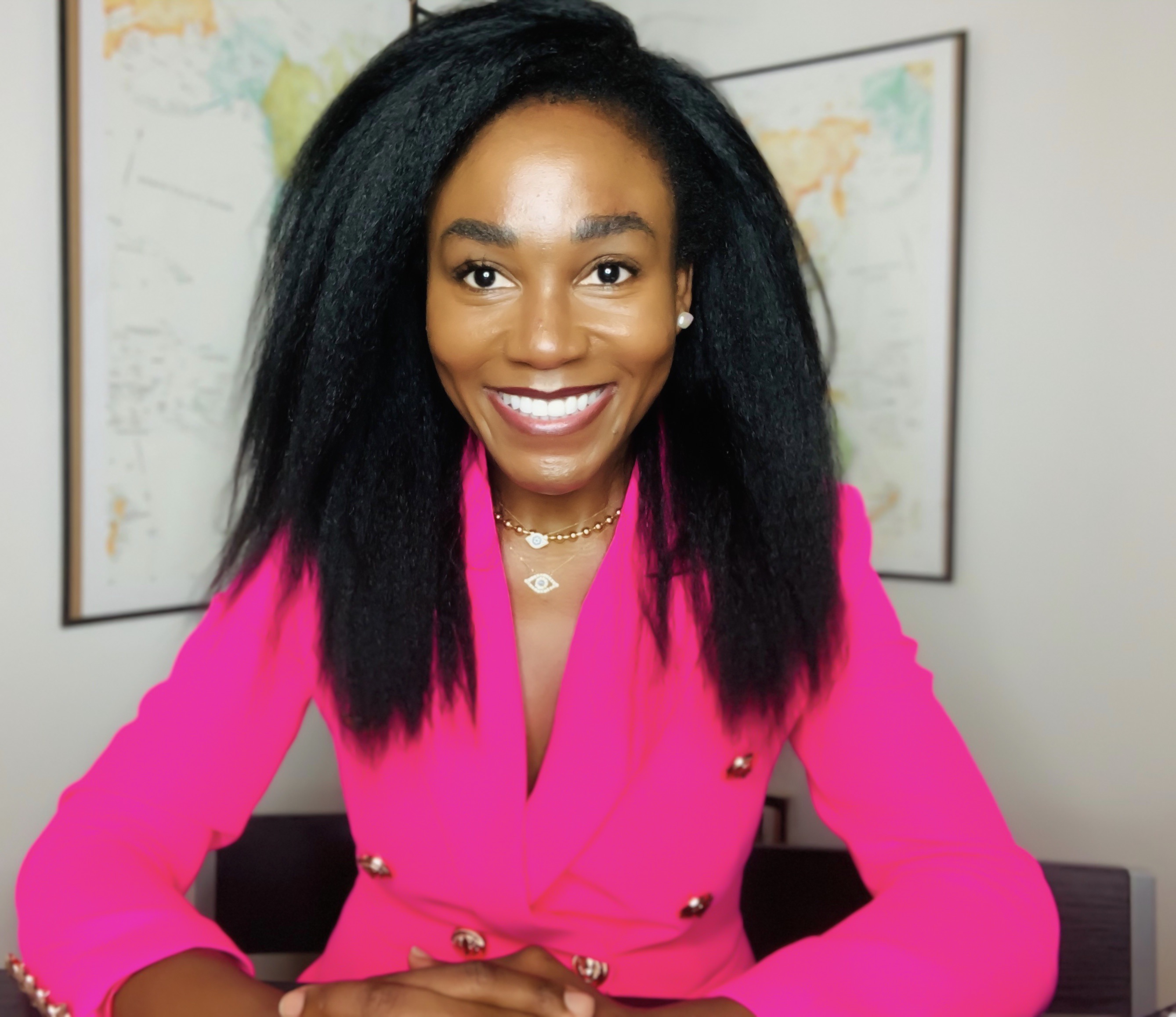White male allies should respond to racism against Blacks rather than react to it. A reaction, which is often fueled by defensiveness, could come across to us Blacks as racially-charged patronization.
A few days ago, a good friend of mine, who is the CEO of a successful consulting company, offered to mentor two Black professionals in the wake of the racially motivated police killing of George Floyd. His offer–however well-intentioned–backfired.
“Is it because I offered to mentor Blacks?” my friend entreated on the phone. “Or is it because I used the word Black instead of African American?”
I dissected his message on LinkedIn to pinpoint what could have triggered the unpleasant responses from Black men, Black women, and other People of Color. Initially, I found nothing wrong with his pitch.
Some had taken issue with my friend’s failure to capitalize the term Black, a common error even I make as a Black writer and speaker. Others preferred to be called African American. This is rather a contentious issue among Blacks just like it is among Latino-Americans who are uncertain whether they should be called Latin-Americans, LatinX, or Hispanic.
However, upon further analysis–trying to be as objective as I could humanly be–I realized that my friend’s messaging carried a “white savior” ethos of patronization that comes with white privilege. Blacks are sensitive to statements that carry the slightest weight of that historical reality where white male masters believed it was their job to “civilize” their Black slaves. I concluded that the disgruntled audience of my mentor friend had used the labelling gaffe as a catalyst to protest the “white savoir” tone by which they were offered this sensitive service.
I also came across Reddit co-founder Alexis Ohanian’s video on Twitter. He too experienced backlash from his post. Ohanian stepped down as a board member at Reddit to make room for an African American to take his place. Ohanian, who’s married to the legendary Serena Williams clearly had good intentions with his decision but his messaging was received as a “white savior” attempt, pleasing some and appalling others.
No one wants a handout or to be viewed as charity. Although it may have been obvious to him, Ohanian should have clarified that whoever Black candidate would replace him would be just as qualified, if not more.
Similarly, Boeing’s latest CEO, David Calhoun, issued a message to his workforce following the dismissal of an employee who made a racially disparaging remark against a worker. Calhoun’s letter was thoughtful, promising change with diversity and inclusion at his mammoth company. A critical component to establishing an organization that is diverse and inclusive is recognizing inequity in the workplace. It would remain a curious case to know if Calhoun will make an effort to review compensation across position, gender, and race. Failure to develop a definitive long-term action plan based on analytics about employee demographics and succession plans, will cause even the best intentioned messages to seem like lip service.
Some argue that whites are trying their best to help. Obviously, their efforts should be welcomed given their position of power and their desire to correct racial injustice. However, without immersing in Black history, white people won’t connect to the full Black narrative. As a friend told me, “They won’t get it.” Reading about present-day racist incidents is not enough. The “best” thing white people can do is to obsorb the Black narrative and become anti-racist.
At most places, white male professionals are at a critical impasse to show alliance with the Black Lives Matter movement. Pressure is on them because white men drive Corporate America, a space still void of racial diversity. As such, a white male professional’s failure to respond swiftly to the injustices plaguing their Black friends warrants backlash. Some white folks fear being labeled complicit to racism or worse, racist. It creates a heightened level of anxiety among whites, causing some to react rashly. Because many whites lack the foundation to understand racism, their impulsive reactions don’t offer solutions but undermine their efforts. To be responsive to the conscience-troubling incidents of racism in America, white male professionals need to comprehend the Black narrative instead of resorting to knee-jerk attempts of help.
Lastly, professional services offered with due sensitivity, considering the historic reality of Whites and Blacks, can and should be encouraged to take place. Mentorship is a powerful tool that fosters leadership, exposing individuals to new ways of approaching their work and lives. I am a mentor myself. I delivered a TedX talk on the value of investing in mentorships. In my talk I advise my audience to be the doer of what they preach. Therefore, I strive to earn the necessary sensitivity by immersing myself with the narrative of the groups I reach out with my pitch.
For white men to truly form an alliance with the Black Lives Matter movement means that they need to depersonalize this experience, listen and learn about Black history and stories. This deeper understanding will elicit the empathy that is required for white men to make a scalable contribution towards racial justice.


